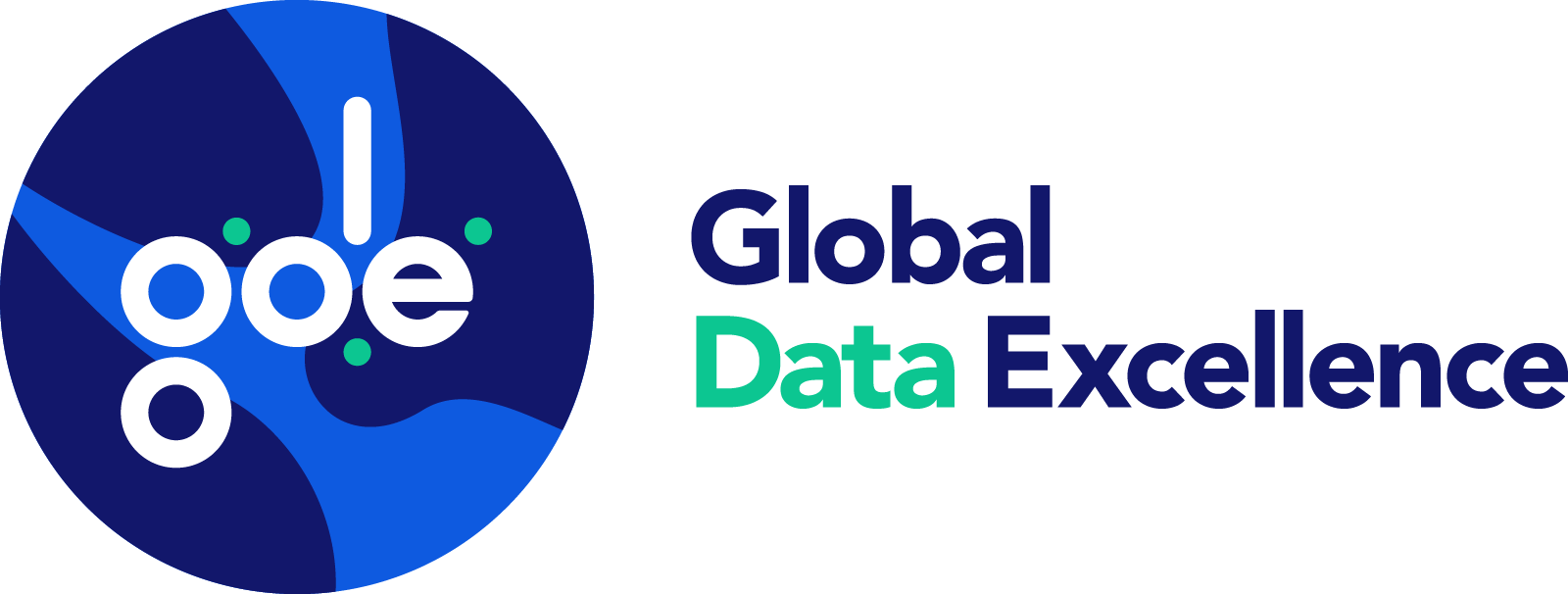
In the digital age, data has become a critical asset, often compared to oil in its importance. For developing countries, harnessing the power of data and AI is essential for progress, but it also comes with significant challenges and opportunities. This blog post delves into how sovereignty and trustworthy AI in developing countries can enhance governance, ensure equitable access to knowledge, and protect individual rights.
Enhancing Digital Sovereignty
Developing countries face unique challenges in establishing digital sovereignty. The integration of trustworthy AI systems can play a crucial role in this process. These AI systems are designed to respect privacy, adhere to ethical standards, and ensure that data governance frameworks are robust and transparent. By doing so, countries can protect their citizens’ data and foster a more inclusive digital economy.
Governance and Digital Rights
Effective governance is paramount in the digital realm. Trustworthy AI can help developing countries implement strong data governance policies that safeguard digital rights. This includes ensuring that personal data is handled responsibly and that citizens have control over their information. Additionally, trustworthy AI can aid in the enforcement of digital rights, making sure that policies are not just theoretical but practically applied.
Access to Knowledge and Intelligence
One of the significant benefits of trustworthy AI is its ability to democratize access to knowledge. In developing countries, this can bridge the gap between different socio-economic groups, providing everyone with the opportunity to benefit from digital advancements. AI-driven systems can make educational resources, healthcare information, and other critical knowledge accessible to a broader audience, fostering overall development.
DEMS-NIXUS and Data Excellence
At the forefront of this revolution is DEMS-NIXUS, a cutting-edge platform developed by Global Data Excellence. DEMS-NIXUS offers an end-to-end solution for data governance, integrating seamlessly with existing infrastructures to enhance data integrity and security. By leveraging a semantics-based approach, DEMS-NIXUS enables dynamic interactions between humans and machines, ensuring that data governance aligns with ethical standards and respects sovereignty. This platform not only facilitates robust governance but also empowers organizations to achieve data excellence, driving innovation and progress in developing countries.
Overcoming Challenges
Implementing trustworthy AI in developing countries is not without its challenges. Issues such as cognitive biases in AI algorithms and cybersecurity threats need to be addressed. It is essential to develop AI systems that are not only technologically advanced but also culturally sensitive and ethically sound. International cooperation and collaboration can also play a significant role in overcoming these challenges, ensuring that the benefits of AI are shared globally.
Conclusion
Sovereignty and trustworthy AI in developing countries are key to navigating the digital future. By focusing on robust governance, protecting digital rights, and ensuring equitable access to knowledge, developing countries can harness the power of AI to foster sustainable development and progress. DEMS-NIXUS and the Data Excellence Model provide the tools necessary to achieve these goals, promoting a more inclusive and secure AI-driven world.
Contact us now to schedule your demo and take the first step towards a more inclusive and secure AI-driven world.
Global Data Excellence News
Dr. Walid el Abed at S3C 2025: Data Sovereignty, Ethical AI, and Digital Governance
We are pleased to share the presentation by Dr. Walid el Abed, Founder and CEO of Global Data Excellence, at the S3C 2025 Summit – a major event...
Global Data Excellence and The Higher Committee of Human Fraternity Unite to Drive Ethical AI and Human-Centered Technology for Global Good
For immediate release Geneva, Switzerland – May 23, 2025 – Global Data Excellence (GDE) and The Higher Committee of Human Fraternity have entered...
GLOBAL DATA EXCELLENCE CELEBRATES DATA INDEPENDENCE DAY WITH THE LAUNCH OF DEMS FOR ALL
Press Release: For Immediate Release Geneva, Switzerland – September 18, 2024 – In a historic announcement, following Dr. Walid el Abed's...

Global Data Excellence (GDE)
Route de la Galaise 34
CH - 1228 Plan-les-Ouates


© 2024 Global Data Excellence | All Rights reserved | DEMS Support Platform | Website realised by Swiss House of Brands




Recent Comments